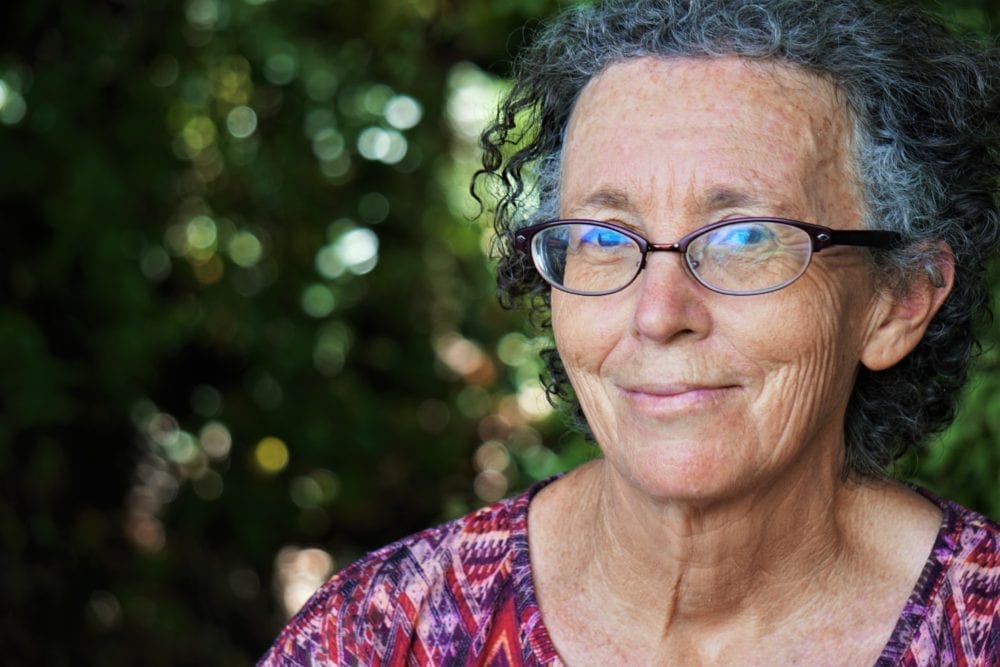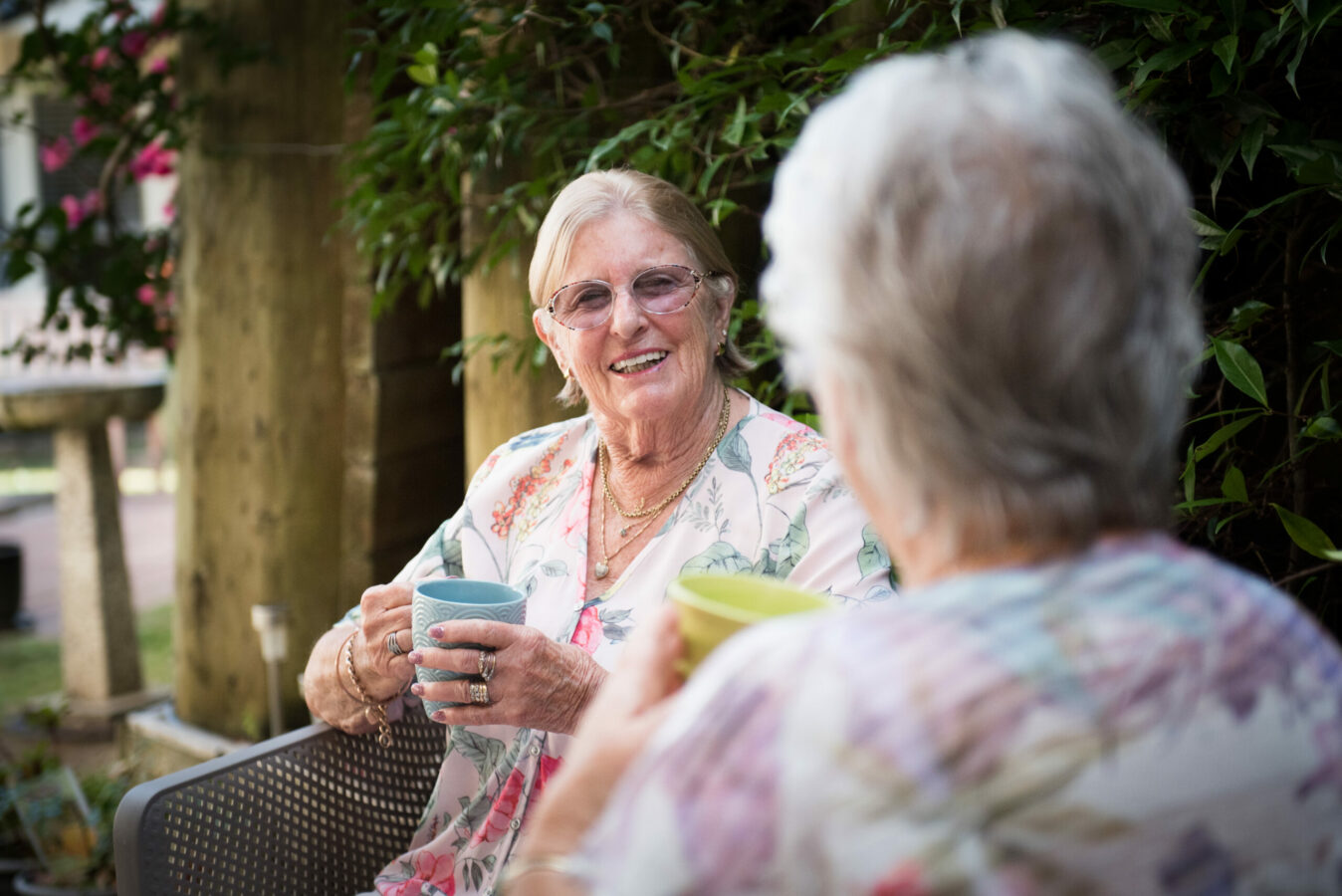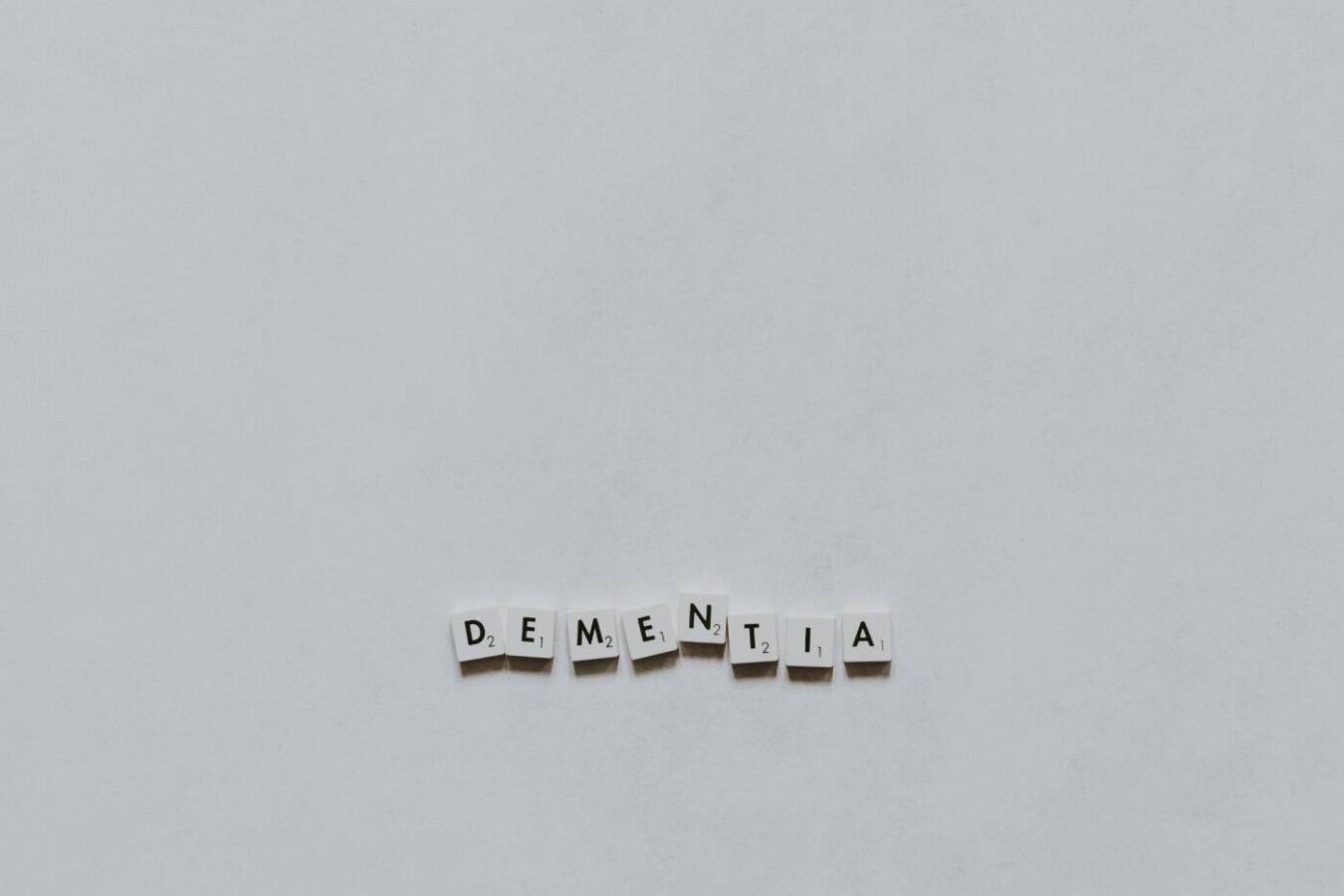Retirement is often viewed as a time of relaxation, freedom, and fulfilment. However, it is…

How to Keep Healthy in Retirement
We all know the drill, the key to keeping healthy is getting your exercise and eat healthily. Unsurprisingly, living a well-rounded, healthy lifestyle is a touch more complicated. So, what do you need to do to live a long and happy retirement?
Exercise
It’s a no brainer, exercise is essential to maintaining a healthy lifestyle in retirement. However, can you be working out better? For older adults, 30 minutes five times a week of moderate aerobic exercise is recommended. Aerobic exercise is more commonly known as cardio, as it increases your heart rate and breathing. This can include walking, swimming and cycling. Taking a stroll each morning or hitting the pool during the summer can be a great opportunity to integrate exercise into your day to day routine. As an added benefit, activities such as walking and swimming have been tied to lower blood pressure, and a lower instance of high cholesterol, diabetes, heart disease, stroke, and cardiac arrest.
Alternatively, high-intensity aerobic exercise such as running are recommended for only 20 minutes, 3 days a week. An important note is that as we age, our bodies become less equipped to handle very high-intensity exercise, and activities such as running may put a strain on your joints.
Another healthy activity to incorporate into your daily routine is stretching. Many of us find that with the years comes reduced mobility, in part due to the weakening of muscles and joints. Stretching allows us to offset some of this natural decline and increase your flexibility and range of motion. Try to spend a few minutes at the start, or during your day to stretch out your body.
By including cardio and stretching in your day to day routine, you lay the groundwork for many more years of happy movement.
Mental Health
Staying mentally fit and healthy is just as important as your daily exercises! After many years of work, we can think we have it sorted, but retirement, like most life changes, can have impacts on your mental health. Stress surrounding moving, making future plans and money can put a large strain on your well-being. Yoga, meditation, and time for yourself is recommended to relax. Plus, if you are concerned, talking to friends, family or professionals can help relieve some of the pressure off of you!
Furthermore, it would be no surprise to say that our minds change with age. Yes, sometimes we forget where we placed our keys, but there is much our brains still do. By remaining mentally stimulated, and practising good habits, the impacts of age can be lessened. A recent study concluded that those who experience the minimum cognitive and memory decline exercised regularly, managed stress, remain socially active and pursued intellectually challenging activities. Joining a book club, learning a musical instrument, playing board games or dancing can all improve cognitive function. Plus, one recent study has suggested that people who engage in creative hobbies such as playing music or painting are less likely to develop Alzheimer’s.
Food
Food is as important as ever in retirement! It is important to eat regular meals that are high in nutrients. Unfortunately, with age, our bodies are less able to break down and absorb some nutrients so we need to incorporate more of these into our diets. Some older adults find that they are not receiving enough iron, calcium, vitamins B6, B12 and folate, which can be remedied by adding nutrient-rich foods to your diet.
Moreover, adjusting your diet can improve cardiovascular health. High blood pressure is commonly caused by poor nutrition. Cutting down on salt, and stocking up on potassium-rich foods such as leafy greens, bananas and kumera, is a recipe for lower blood pressure. A high blood pressure puts pressure on your heart and cardiovascular system and has a direct link to heart attacks and strokes.
Social Opportunities
It’s easy to overlook how important socialising is to our health, especially when we are recently retired and used to the social aspects of employment. Studies have indicated that retirees with strong social networks live healthier, happier and longer lives than their less-connected counterparts. Maintaining and building relationships can improve cognitive function and encourage physical movement. Join a book club, catch up with friends and family, join a choir, a film club or other local groups. Keeping socially active plays into your emotional, physical and spiritual well-being so prioritise spending time with the people you love. If you are new to an area and don’t know many people, many places have coffee groups made especially for retirees which is a wonderful place to make new connections!
Keeping healthy in retirement can seem like a lot of things to think about. By implementing little changes, getting out and about, and seeking help when you need it, your health will improve for a long and happy life.



